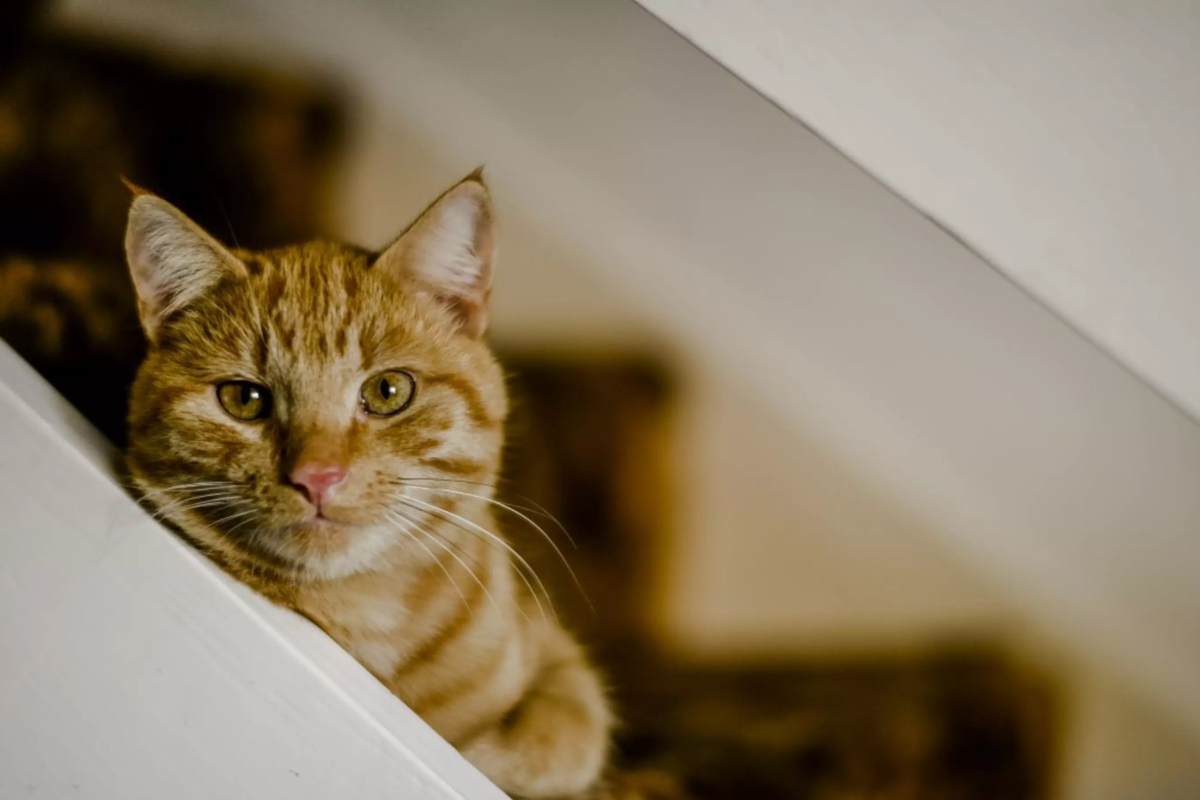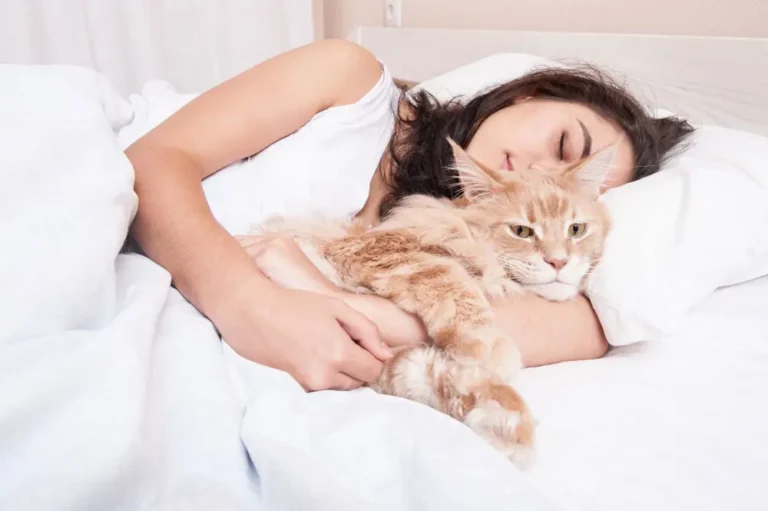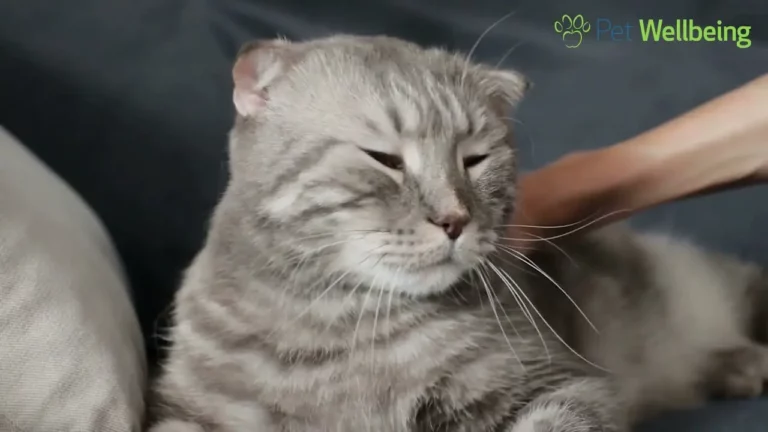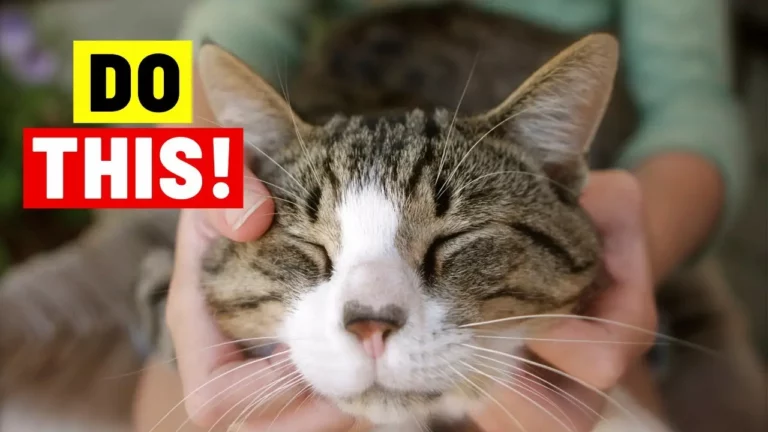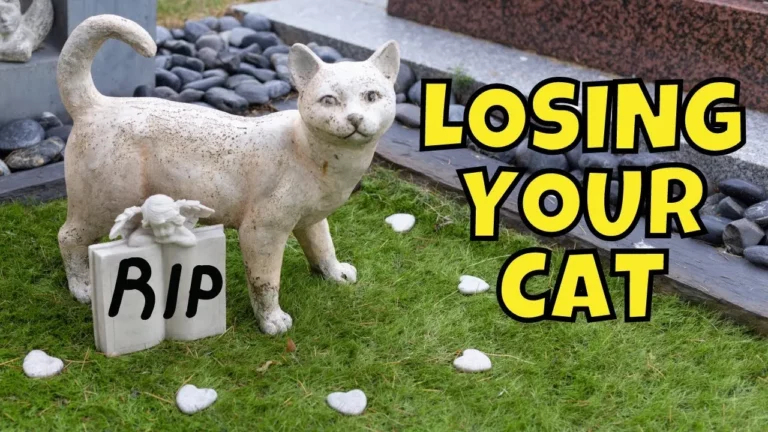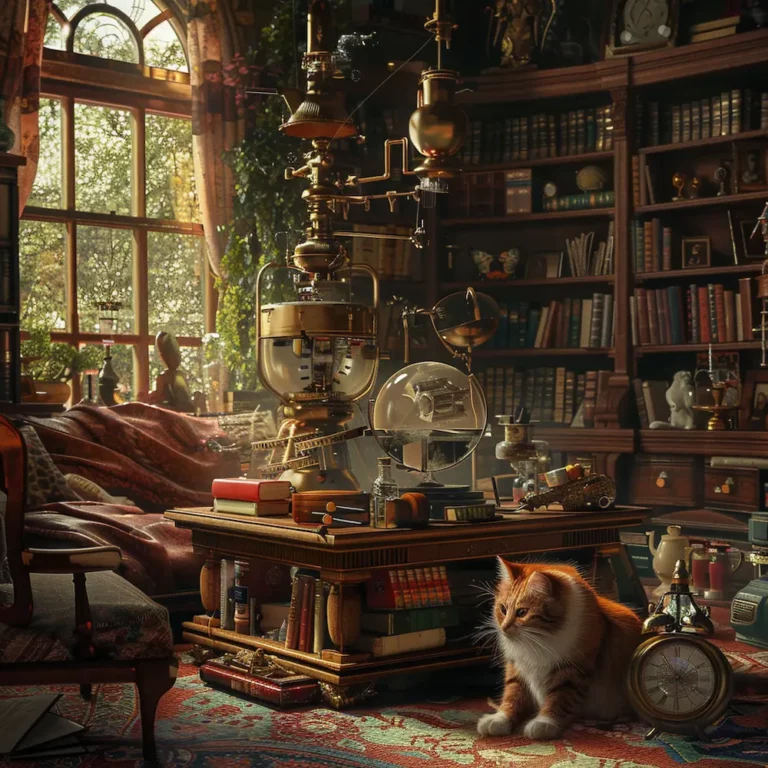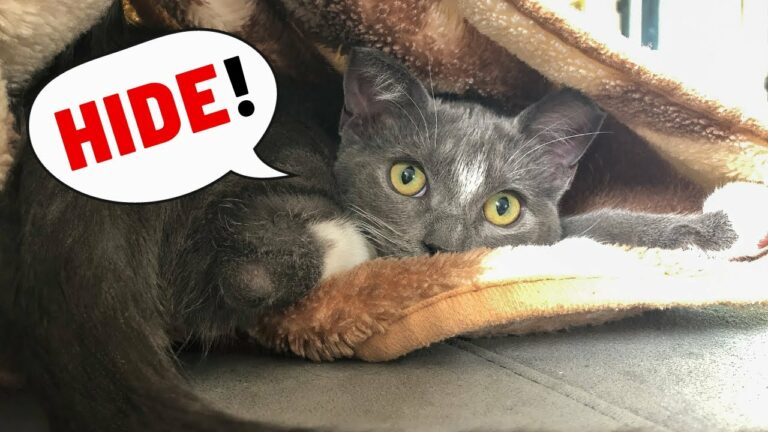Why Do Cats Lose Interest in Their Owners?
Cats can be some of the most loving and affectionate pets, but there are times when they seem to lose interest in their human companions. Have you ever felt like your furry friend is suddenly aloof or unresponsive? You’re not alone! Many
Understanding the potential reasons behind this change can help you reconnect with your feline friend.
Why Do Cats Lose Interest in Their Owners
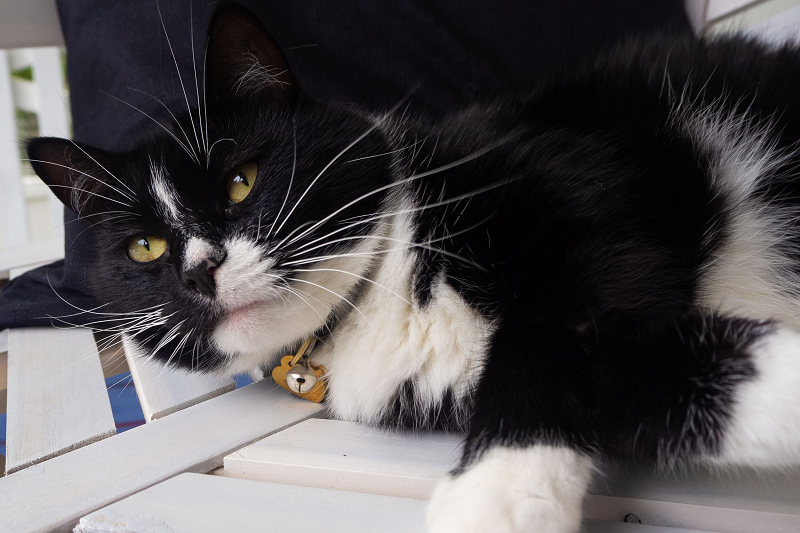
Changes in Environment
Cats are creatures of habit, and any changes in their environment can lead to a shift in behavior. Let’s explore some common environmental factors that might cause your
Moving to a New Home
Relocating can be stressful for cats. They thrive on familiarity, and a new environment can leave them feeling disoriented. Imagine being whisked away to an unfamiliar place where all your favorite napping spots and sunny windowsills are suddenly gone! This confusion can lead your
New Family Members or Pets
Bringing home a new family member or pet can also impact your
Changes in Routine
Cats thrive on routine. If your schedule changes—like a new job or a different feeding time—your
Health Issues
Sometimes, the reason for a
Physical Health Problems
Cats are experts at hiding their discomfort. If your
Mental Health Concerns
Just like humans, cats can experience mental health challenges. Anxiety and depression can manifest in various ways, including withdrawal from social interaction. If your
Aging and Behavioral Changes
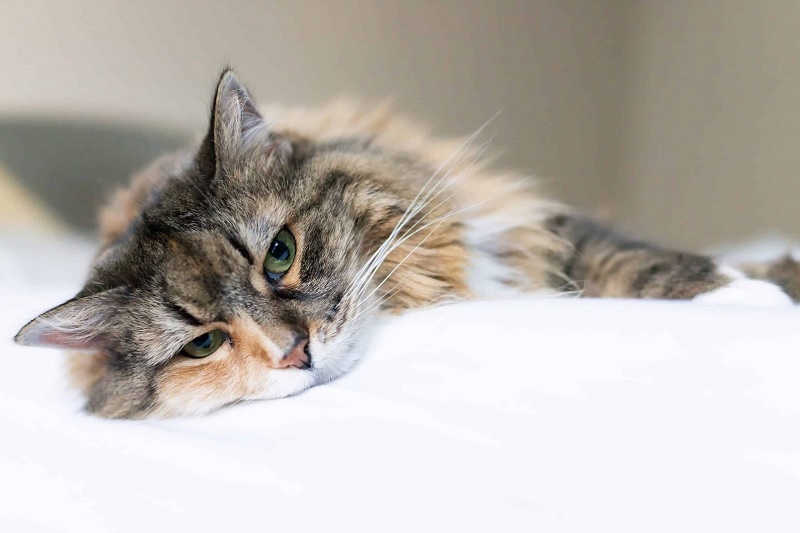
As our feline friends grow older, their behavior can change significantly. Understanding these shifts is key to maintaining a strong bond with them.
Natural Decline in Activity
As cats age, their energy levels typically decrease. A once playful kitten may become a laid-back couch potato. This natural decline in activity can make them less interested in playtime and interaction. Don’t take it personally—your
Changes in Playfulness
Older cats may not play as vigorously as they once did. You might find that their interest in chasing toys has waned. This change can lead to feelings of frustration for both you and your
Emotional and Social Needs
Cats are independent creatures, but they also have emotional and social needs that can influence their interest in their owners.
Need for Independence
One of the quirks of feline behavior is their desire for independence. While some cats are snuggly and seek constant companionship, others enjoy their alone time. If your
Desire for Social Interaction
Conversely, some cats thrive on social interaction. If your
FAQs
Is it normal for my
Yes! Cats can have fluctuating moods and may need time alone.
How can I tell if my
Look for changes in behavior, appetite, or litter box habits. A visit to the vet is always a good idea if you’re concerned.
What can I do to help my
Provide familiar toys, a cozy space, and plenty of time for them to explore their new environment.
Are there specific signs that my
Signs can include increased sleeping, lack of interest in toys, or seeking solitude.
How can I help my aging
Tailor playtime to their energy levels, offer softer toys, and provide stimulating environments with perches and climbing opportunities.
Conclusion
Understanding why your
Remember, it’s essential to observe and adapt to your
